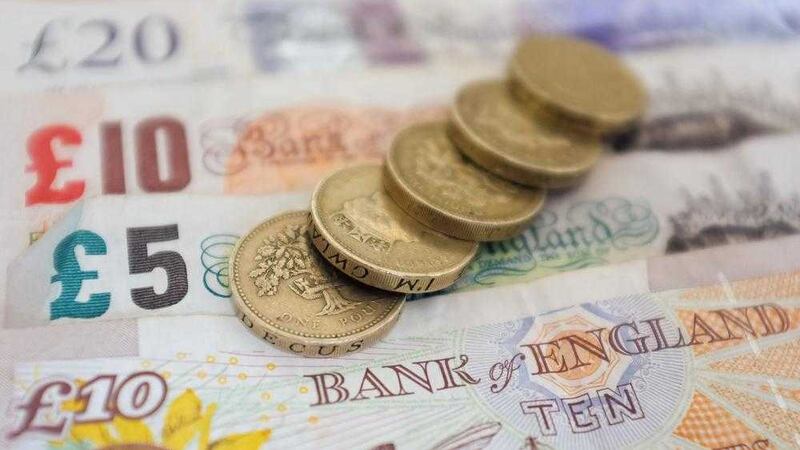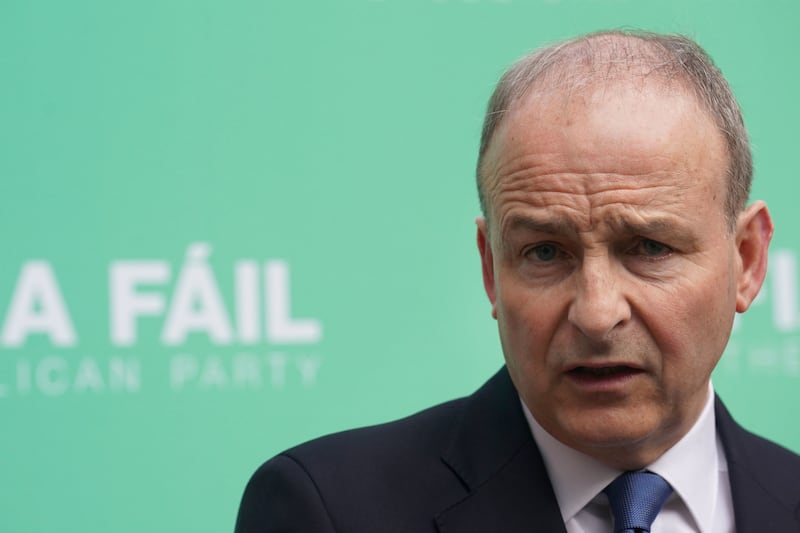BRITISH Chancellor George Osborne's decision to scrap planned tax credit cuts came as welcome relief to more than 120,000 families in Northern Ireland.
Households had stood to lose an average of more than £900 a year.
The Treasury confirmed on Wednesday there will be a cut from £5,000 to £2,500 in the amount of additional income a tax credit claimant can earn without losing benefits.
But Mr Osborne decided against going ahead with £4.4bn of cuts in the support for low-paid workers following criticism from the House of Lords and his own MPs.
Martin Fleetwood, a tax partner at PwC in Northern Ireland, described Mr Osborne's announcement as a "dramatic pirouette".
"Those people who rely heavily on tax credits will be hugely relieved but will need to have one eye on the impact on their pockets of Universal Credit when it is rolled out towards the end of the parliament.
“The jury is out on the impact of Universal Credit on Northern Ireland. However, in 2013 DSD (Department of Social Development) projected that, after the introduction of Universal Credit, around 102,000 Northern Ireland households should be better off; around 86,000 may be less well-off; and 99,000 households should experience no change."
Mr Osborne said he would stick by his target to move the UK's public finances into surplus by 2020 and unveiled higher growth forecasts.
He said an independent forecast of a £27bn improvement for the public finances over the course of the parliament was thanks to higher tax receipts and lower interest payments on debts.
Meanwhile, plans raise stamp duty costs by 3 per cent for buy-to-let landlords and second home buyers were announced.
There are fears the move could spark a rush of people snapping up properties before the changes come into force - pushing up competition and prices.
And the government said that the basic state pension will rise to £119.30 a week from April 2016, an increase of £3.35. This will be the highest real terms increase to the state pension for 15 years.
Angela McGowan, chief economist at Danske Bank UK, said although protection for health, schools and national security was expected yesterday, "no-one had quite expected a full u-turn on tax credits".
"The latest move means Chancellor George Osborne will not meet his original cap on welfare spending as set out in previous budgets and government borrowing will be higher in the short term. Nonetheless, the move is a good one for Northern Ireland in the short to medium term.
"With more than 120,000 working households in Northern Ireland currently in receipt of tax credits, the system has traditionally played a key role in getting people back into the labour market and keeping those on lower incomes motivated to stay in work.
"As incomes are relatively low in Northern Ireland compared to the rest of the UK, any reform of means-tested benefits would have a disproportional effect on the local economy."
However, Ms McGowan also warned that the eventual replacement of tax credits with universal credit will have winners and losers, and landlords "got a hammering" on Wednesday through changes to stamp duty and capital gains tax.








